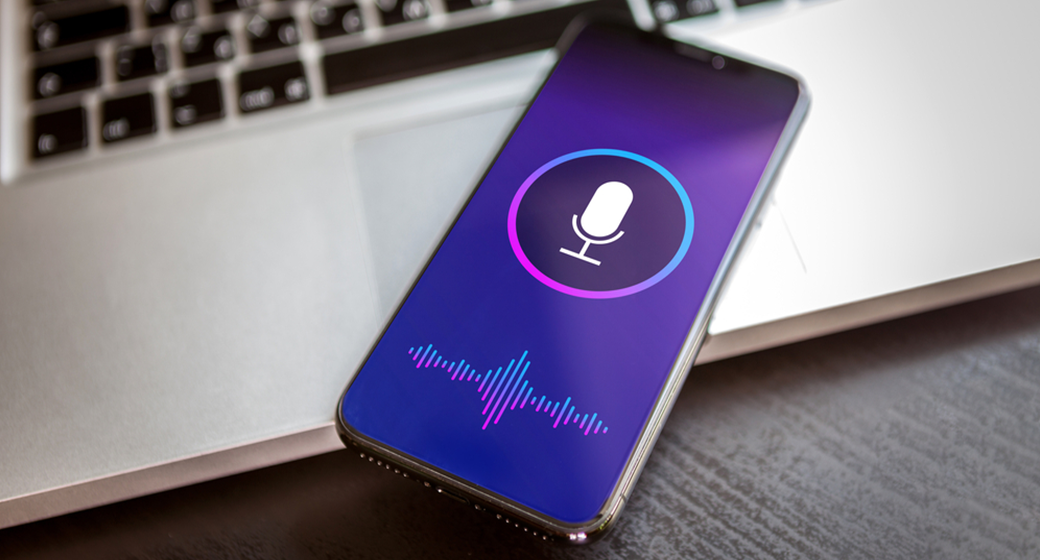
-
Posted By Sirmabekian
-
2024
-
0 Comments
Recording conversations at work can be a contentious issue, raising questions about privacy, legality, and ethics. While technology has made it easier than ever to document discussions, employees must navigate complex legal terrain to avoid potential pitfalls. Here’s what you need to know about recording conversations in the workplace:
Understanding Legal Considerations
In many jurisdictions, laws govern the recording of conversations. Understanding these laws is crucial to avoid legal repercussions. Florida, for instance, follows a “two-party consent” law for wiretapping, meaning all parties must consent to be recorded in most situations. This law applies to both in-person and phone conversations.
Consent Requirement
Under the wiretapping law, it’s generally illegal to record a conversation without the consent of all parties involved. Failure to obtain consent can result in civil lawsuits and even criminal prosecution. However, the federal wiretapping law, which permits “one-party consent,” allows individuals to record conversations in which they are participating without informing the other parties.
Expectation of Privacy
Whether recording a conversation is legal often depends on whether there’s a reasonable expectation of privacy. In public spaces or areas where conversations could reasonably be overheard, such as common areas in the workplace, recording may be permissible. However, recording in private spaces, like someone’s office, may violate privacy laws.
Risks and Consequences
Recording conversations without proper consent carries significant risks. Violating wiretapping laws can lead to legal trouble, including civil lawsuits and criminal charges. Florida courts have punished individuals for illegally recording conversations, emphasizing the importance of understanding and adhering to state laws.
Admissibility in Court
Recorded conversations obtained in violation of wiretapping laws are generally inadmissible in court. However, recordings made with proper consent and in compliance with state and federal laws may be admissible as evidence, depending on the circumstances of the case. Admissibility factors include relevance, authenticity, and compliance with legal standards.
Alternatives to Recording
When seeking to document workplace conversations, consider alternative methods that don’t involve recording. Bringing a witness to the discussion or taking detailed notes immediately after the conversation can provide valuable documentation without running afoul of privacy laws. These methods offer legal protection while still capturing important information.
Consultation With Legal Experts
Navigating the complexities of recording conversations at work can be challenging. Consulting with experienced employment law attorneys can provide clarity and guidance. Attorneys specializing in employment law can offer insights into state-specific regulations, assess the legality of recording practices, and provide advice on protecting employees’ rights in the workplace.
At Sirmabekian Law Firm, we specialize in providing expert legal assistance to individuals facing various employment law issues. With our extensive experience and dedication to protecting employee rights, we offer comprehensive support to those dealing with discrimination, harassment, retaliation, and other workplace injustices. We provide personalized attention and strategic advocacy to help our clients navigate complex legal processes and seek justice. Whether you need guidance on filing a claim, negotiating a settlement, or litigating in court, we are committed to fighting for your rights and ensuring fair treatment in the workplace.
 English
English Spanish
Spanish